Fleets and company car drivers facing a rise in CO2 figures for certain Volkswagen, Audi and Seat models will be able to cancel their order.
Customers will also be able to choose a different model but, if they decide to proceed with their order, they will have to acknowledge notification of the new value.
Volkswagen Group brands – Volkswagen, Audi, Škoda and Seat – had previously told fleets they could not guarantee the CO2 emissions of certain vehicles, with quoted figures labelled “provisional”.
It had discovered what it called “irregularities” in CO2 figures while investigating NOx emissions, after admitting fitting cars with a software device to cheat pollution tests.
The most significant CO2 revision was to the automatic Seat Leon X-Perience four-wheel drive estate. At launch, emissions were 129g/km, and have since increased to 139g/km.
The increase means a two percentage point increase in benefit-in-kind (BIK) tax for drivers, costing a 20% taxpayer an additional £120 a year, as well as the loss for businesses of the 18% write-down allowance, because emissions are above 130g/km. The manual car emissions remain below 130g/km, at 125g/km.
The Audi A1 and certain variants of the new A4 have seen increases of 2-4g/km, with the majority adding an extra percentage point onto a driver’s BIK tax bracket.
An Audi spokesman said: “As the revised figures were made available before the start of production, customers who placed an order based on the preliminary data in the pre-sales phase were informed of the changes and were able to amend or cancel their orders.”
Meanwhile, figures for three of the six Volkswagen models affected in the UK have been released, with revisions affecting 2.0-litre 150hp diesel manual Golfs, rising from 106 to 109g/km and 109 to 112g/km dependent on trim.
One Jetta and one Golf cabrio model are also affected, with the cabrio seeing a 6g/km rise.
Customers have again been offered the option to accept the changes, cancel the order or swap to another Volkswagen vehicle without penalty. The company said it has received around 100 orders for affected cars.
“Customers who are already driving these vehicles are not affected by these restated figures as their cars’ CO2 values remain unchanged,” said a Volkswagen spokesman. “There are no retrospective consequences.”
The manufacturer also claimed that fuel consumption figures were not affected, despite the CO2 change.
Škoda told Fleet News none of its vehicles were affected.
The revision comes as Volkswagen begins the roll-out of a fix for vehicles fitted with software to cheat NOx tests.
The 1.2-litre and 2.0-litre versions of affected EA189 diesel engines will get a software update, while 1.6-litre engines will get a software update in addition to a ‘flow rectifier’ being fitted in front of the air mass sensor.
“The fixes are being rolled out as the software becomes available according to a schedule that enables our retailers to maintain a regular service to our customers for routine service and repair,” a Volkswagen Group spokesman told Fleet News.
Fleets that outright purchase vehicles will be contacted directly by the manufacturer for the work to be scheduled, while fleets that lease their vehicles will be contacted by their contract hire provider.
Volkswagen said it had begun updating software on affected Amarok models and says the fix will be rolled out on other models from March.
The spokesman continued: “Although the number of affected engine types is small, when multiplied across the number of brands, models, model variants, power outputs and transmission options, the number of software versions becomes large.
“Our overall plan is to phase in the updates smoothly over the year.
“The precise timings for the introduction of the fixes for individual models will be firmed up as we move forward.”

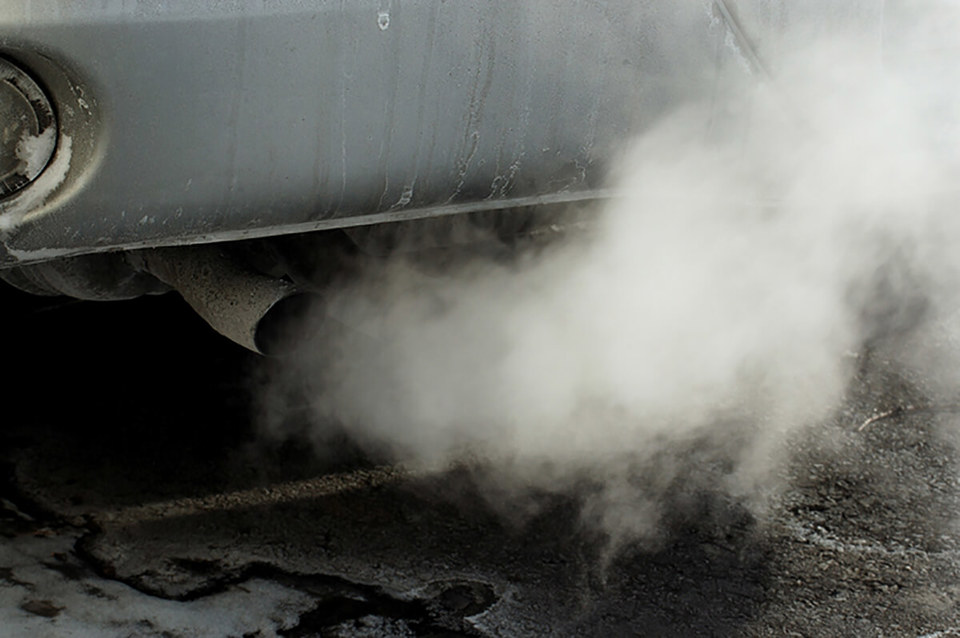



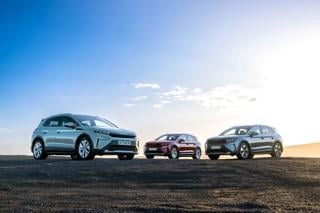
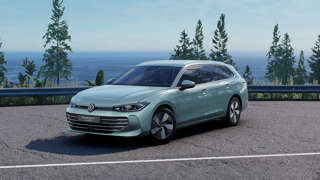
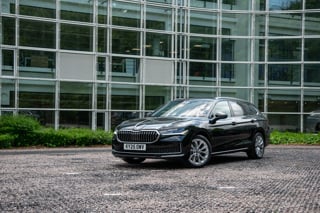
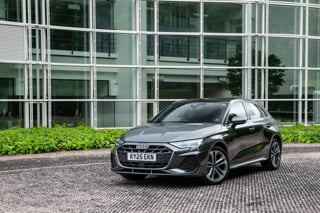
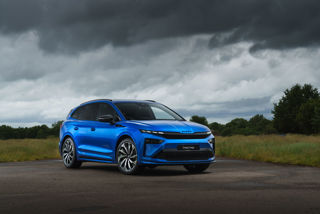













bob - 27/02/2016 10:15
Funnily enough, the automatic Seat Leon X-Perience four-wheel drive estate was the one model that might have coaxed me out of my Outlander PHEV at next replacement, but at 139 it won't!!! our fleet allows over 130g/km but loads financial penalties on the drivers so forget it.